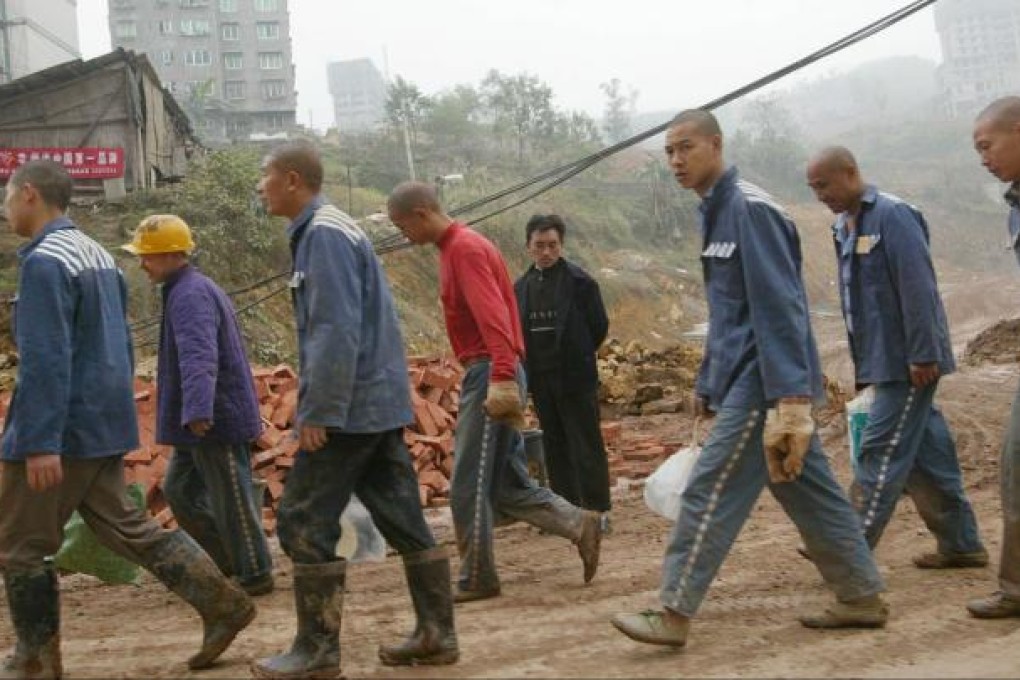China to end notorious forced labour system
Notorious system for handing out punishment without trial to be halted after more than 50 years, Meng Jianzhu tells law and order summit

The mainland's new security tsar said yesterday the notorious practice of sending petty criminals and government critics to forced labour camps for up to four years without trial would soon be ended.
Meng Jianzhu, who became secretary of the Political and Legal Affairs Committee in November, said at a national law and order work conference that the "re-education through labour", or laojiao, system would be halted after the move was rubber-stamped by the National People's Congress in March.
The remarks were first reported by the bureau chief of the Legal Daily, the Justice Ministry's official mouthpiece, and were picked up by state media outlets.
An official who attended the event confirmed Meng's comments to the South China Morning Post. But state media sent mixed signals about the policy.
A Xinhua report on the conference said only that authorities had pledged to "reform" the system, and some analysts noted that Meng spoke of "halting" rather than "abolishing" the laojiao system.
At the same conference, party general secretary Xi Jinping called for continuous self-improvement of the justice system in response to public opinion, state media said.
The forced labour system was established under Mao Zedong in the 1950s as a way to contain "class enemies".